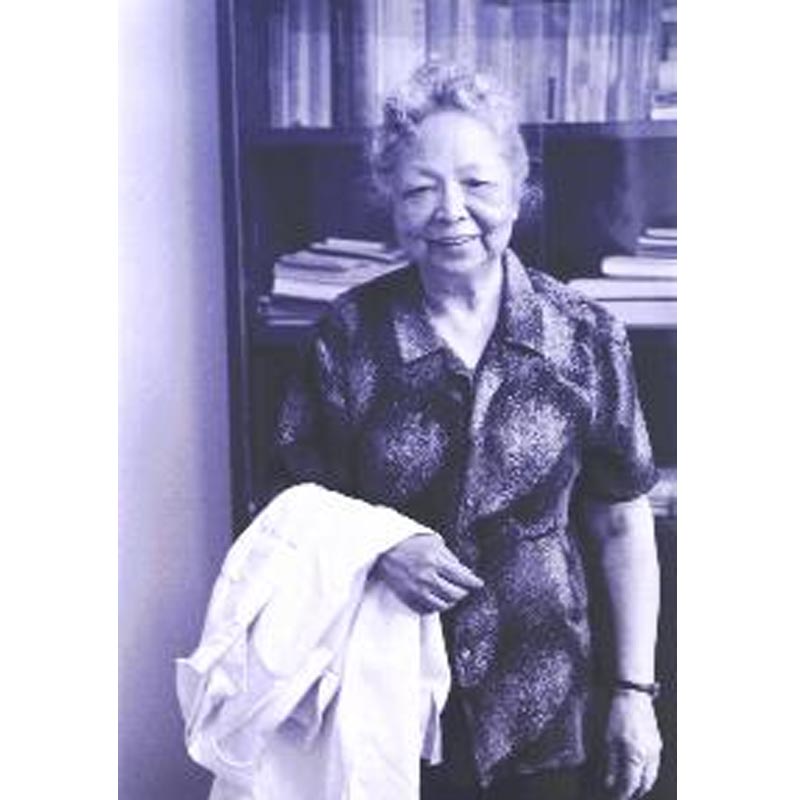Lin Lan Ying (林蘭英) was born in 1918 in Pu Tian (莆田) City, Fujian province. She was in the United States pursuing a Ph.D. in mathematics at Dickenson University in 1949 when news of the birth of New China reached her. Lin was eager to return to China to help build the nation but decided to finish her studies first so she could bring home usable knowledge for her motherland.
She also had a change of heart and transferred to the University of Pennsylvania to study solid physics after discerning that what the newly born people’s republic most needed was not mathematics but applied sciences.
The shift brought Lin difficulties beyond imagination. But five years of hard effort paid off; she finally gained her doctoral degree in solid physics.
Lin was still dissatisfied, resolving that it was not only profound theories she was going to take back to China but the technology of study and making of new materials. But first she went to work as a senior engineer of Sylvania Company (索菲尼亞公司), which mainly manufactured semiconductors on Long Island in New York.
In 1957, after a year of working there, Lin decided it was time to return to China. She quit her job despite a request from her mentor and the company to stay.
“The conditions for doing research here are fine, the compensation is excellent and life comfortable,” she said, “but I have my motherland. She looks forward for me to return. I can’t leave her.”
It was the Cold War period, with hostility between China and the US. Further, there were no diplomatic relations between the two countries. To prevent Lin from returning to China, the American government froze all her bank deposits there. They contained a sizable amount ($6,800), but Lin was not moved.
“Motherland is above all,” she asserted. She returned to China with only a small bag.
In China, Lin took charge of researching and manufacturing semiconductors. She led a group of young scientists and engineers who started from scratch to build an enterprise that would eventually fill the vacuum of semiconductor materials in China and develop its electronics industry.
In 1980, Lin was honored as Academician of the Chinese Academy of Sciences (CAS) and became the vice president of the China Association for Science and Technology. She received the National S&T Progress Award twice and the first prize in CAS S&T Progress Award four times. In 1998, she was given the Henry Fok Achievement Award. In the political field, she was selected as a deputy to the National People’s Congress and a member of its Standing Committee.
It is dedicated patriots like Lin who helped build the New China.
Categories
Female patriot behind China’s semiconductor success story
